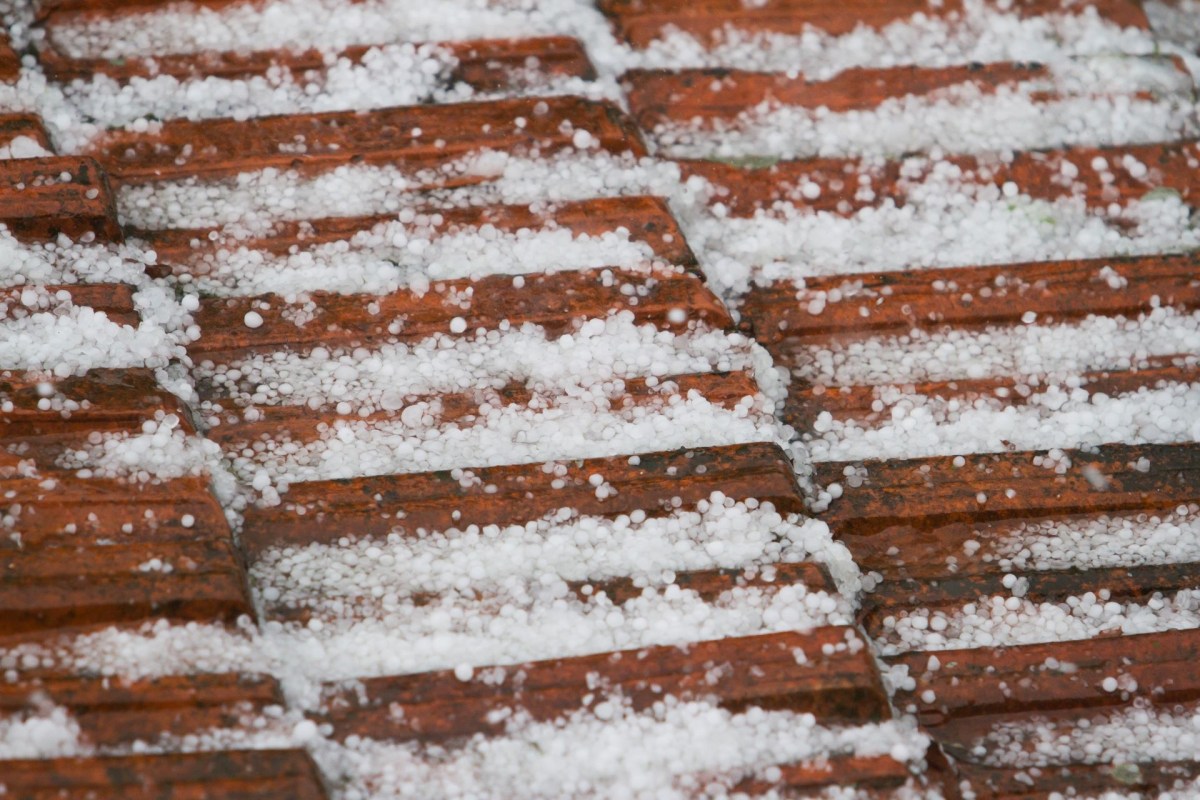In a thread posted to Reddit's r/HomeImprovement forum, a user asked a question many people have probably wondered: how durable are solar panels, really?
The user writes that they've seen a lot of talk about the break-even point when installing solar — meaning the point at which your panels have paid for themselves through the energy they produce — but they wanted to know about hidden costs that may arise with installing and the upkeep of solar panels.
"First, are solar panels durable?" the Redditor asks. "Will they last during a hail storm?"
The user also wanted to know what happens to the solar panels when the roof needs replaced.
"What do you have to do with the solar panels," they ask.
They also asked about the lithium-ion batteries inside the panels and how often they need to be replaced.
Solar panels are indeed an investment. According to Nerd Wallet, the average cost to install solar systems can run from $15,000 to $25,000. But there are also tax incentives for solar panels, which vary depending on where you live.
Commenters were quick to chime in on the discussion.
"All solar panels sold in the US have to meet hail resistance standards," writes one Redditor, noting that solar panels are tested for hail storm impacts. The user also explains that they "detach and reset" systems all the time for roof replacements.
"If your roof is destroyed by a storm and the panels are fine, most insurance covers the cost of removing/reinstalling' we get called all the time to give quotes," the same Redditor writes.
According to another Redditor, architectural shingles have a life of 20-35 years. "Solar panels are often rated to produce 90% power after 20 years," they write.
Another Redditor explains that not all solar systems use batteries. "This is usually only in areas most impacted by power outages," they write. "A majority of people go with the standard grid-tied system which feeds excess power into the grid which ideally, you'd get credited for as an energy producer. If you did want to add a battery backup, they're very expensive, but you should be able to get 10-plus years on them."
Join our free newsletter for easy tips to save more, waste less, and help yourself while helping the planet.









